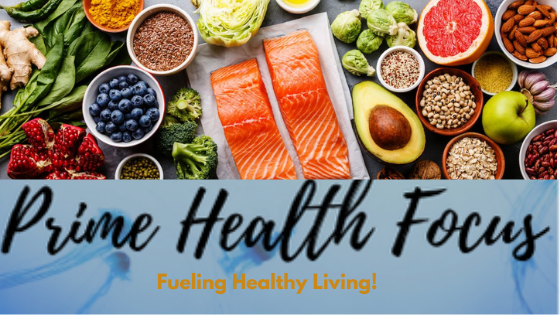
What is Mindfulness?
Light Others' Candles by Sharing

Does mindfulness ignite for you, something exciting? Are there moments; when you have thought, you are overly being judgemental to yourself, and not being in the moment? I guess, most people can relate to this.
As an antonym for mindlessness, mindfulness plays a vital role in conscious decision- making. If you have ever been to any social circle where mindfulness is practised, you would have heard, and probably recited, that mindfulness is:
1. Paying attention on purpose
2. Being in the present moment.
3. Doing the above nonjudgmentally.
Fact or Misconception?
Interestingly, the aspect of “being in the present moment”;introduces a facet of misconception in the definition of mindfulness, because several decades, there have been varying schools of thought surrounding mindfulness. Many researchers have come up with several definitions of mindfulness; which have only left the consumers with misconceptions, misinformation and staying misled.

Have you ever been among people who practice meditation? Your attention would be drawn to some of them who overtly express in frustration: “I cannot be mindful!”, “My mind keeps wandering!”, “I do not seem to stay in the moment!”
The Fact
The reality is, no one’s mind just “stays” in the present moment, people! We would not be able control our minds to chronically “stay”, because of its complex nature and requirements to process and compute in each moment, but guess what? We can ALWAYS control its return.
My Take on Mindfulness
Therefore, one could comfortably edit the aforementioned component about “Being in the present moment” to “Being in/Returning to the present moment.” What do you think? That is my take on mindfulness!
A More Encompassing Definition of Mindfulness
To further buttress this stance, fifteen years ago, a scientific definition of mindfulness was brought to limelight, by a group of distinguished mindfulness-researchers; with the sole objective of offering a more illuminated pathway for future researchers. So, after arriving at a consensus, they defined mindfulness as: “The self-regulation of attention with an attitude of curiosity openness and acceptance”.
More so, the distinctness and specificity of this definition, project to one; a broad spectrum of the nature of mindfulness, and the benefits thereof. Let us look at it more analytically. “Self–regulation”: You can take control of your attention, control your focus, and deliberately shift your attention from your son’s smile to image on your spouse’s computer, or to a beautiful memory.
In addition, the last part of the definition sheds light on one’s approach to staying open to whatever one chooses to place his/her attention on, as well as staying engaged and curious regardless of the outcome. At the end of it all, your openess, acceptance and curiosity have been engaged.
Did you know, that for several years, a certain scholar, named Ryan M. Niemiec Psy.D. mentioned this definition to thousands of workshop participants, and each time, he was astonished at how only 5% of them knew about it? Is this not interesting? Should you feel like cracking up, please, do so?
We Keep Striving towards Mindfulness

Clearly, everyone has in them; some form of seemingly ingrained patterns that activate the automatic pilot default; thereby inhibiting the benefits of purposefulness. In this current dispensation, staying busy and hyper-connected is rather inevitable for many people, and often times, this pushes us to the autopilot of the day/everyday. Who can relate to this?
Consequently, we inadvertently either fail to pay attention to the beautiful things in life or ignore listening to the signals/messages our bodies are communicating to us, because we have become glued to mechanically conditioned thought patterns and lifestyles; which could be detrimental to us and others. When we snap back from the autopilot, and manage the “steering wheel” of the our attention once more, purposefulness(mindfulness) is achieved.
Let us assume, you take delight in feasting on large bag of highly salted tortilla chips while watching a movie- Your weekend pattern. Being mindful can help you snap out from that automatic pilot state, and help you take some time, to think about making a different choice. You could rather reach for some cucumber slices, change that weekend pattern (watching a movie), do some yoga, or go visit a friend. This spells purposefulness, people!
What patterns constitute your automatic pilot default, and how do you stay mindful?


7 Comments
Pingback:
Pingback:
Pingback:
Nadege Kamga
This is the brilliant Wanki I have always known. Good one , my childhood friend. This elightens me a great deal.
Mandeep Singh
I stay mindful by thinking over things before acting on them. I love this piece m’aam.
Linda
This is awesome, Professor W.Ero!
Francis
Enlightening; thank you for sharing.